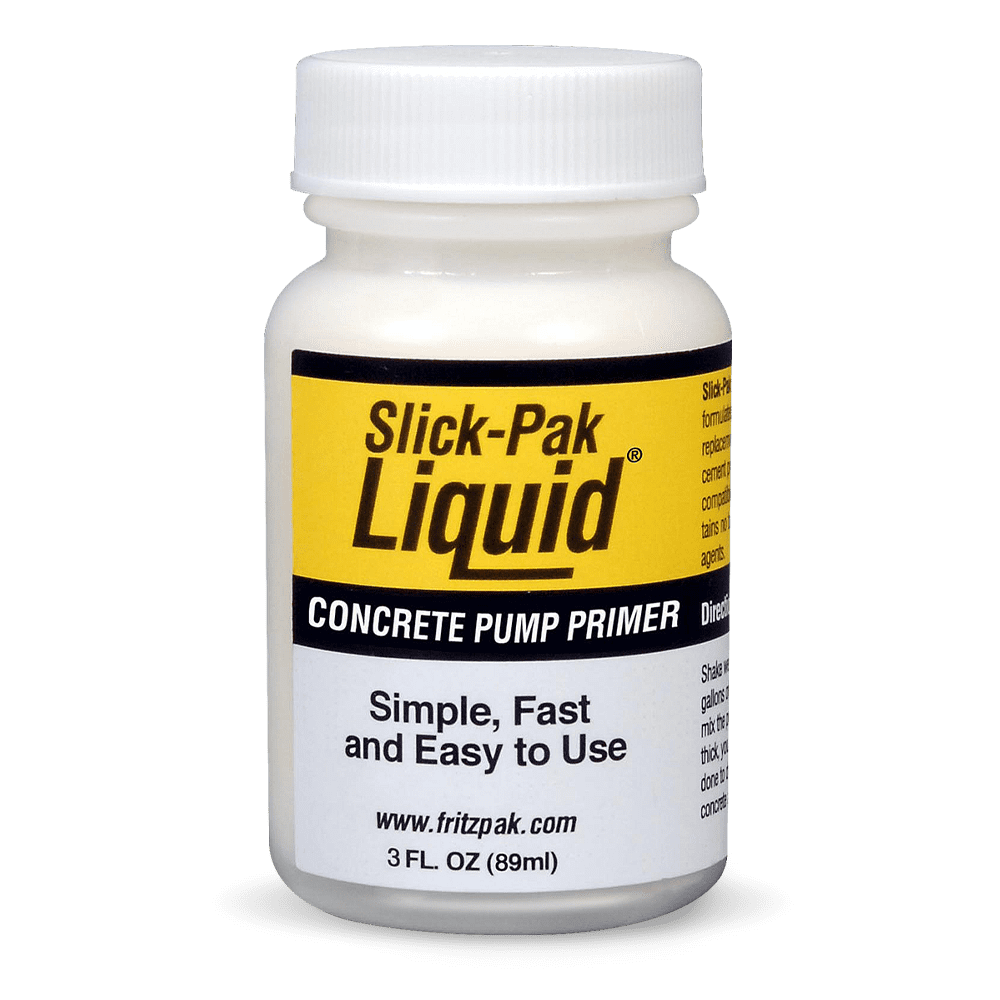The Complete Pumper
If an operator wants to raise his stature within a company with the idea of getting a raise, securing steady employment, or advancing his career into management, here are some guidelines:
To be a complete pumper requires more than just showing up and heading out to the job. Each day, try to approach your job as a professional. Here are some tips to improve your performance:
· Show up on time and rested.
· Make sure to do a pre-trip inspection while your pump warms up. Check tires, oil levels, look under your pump for leaks, and make sure you have the correct system for the day's work. (Companies spend a lot of time/money running someone to the job with an extra coupling or hose that was forgotten). Make sure you return with the same tools and equipment you left with; hammers, couplings, and clean-out balls are expensive.
· Personal appearance is important: Don't wear raggy jeans and an old dirty T-shirt to work. You are a representative of your company. Try to give a good impression. If you have any desire to move into Management, look the part. Take a look at the Operations Manager and how he dresses. It's not too expensive or difficult to wear decent jeans and a clean shirt each day.
· Don't make the Dispatcher's life miserable by arguing or moaning about your next assignment. They have a tough job. After listening all day to demanding customers, they have little time for someone with a bad attitude. Believe me, they have conversations with management about who is cooperative and who isn't. Keep your dispatcher informed on the progress of the job. Let them know about any upcoming pours, and what will be needed. It might save someone a trip to check out the job. Be the eyes and ears for your office. Let them know if you see a new jobsite, or if a contractor is disgruntled. When on the job, leave your personal problems at home. Approach each job as a professional. Offer suggestions to make the pour go faster or better. A smile and cheerful greeting helps to start each pour on the right foot. Work with the contractor, not against him. Always keep safety in mind. If a contractor insists on an unsafe course of action, remain calm and polite. Tell the Contractor that in these situations, he should talk to someone in your office. Tell him you are not allowed to assume the responsibility to endanger equipment or people's lives.
· Take care of your equipment. The better your pump is cared for, the better your company's profits. Poorly cared for pumps cost more to maintain and are worth less when sold. This affects your company's bottom line, (profit), and trickles down to the employees by reducing wage increases, bonuses, and reducing the amount of jobs they get, (which reduces hours worked). Look at other company's equipment……..does it look better or worse than yours? Strive to make your company the best in town. It will pay you dividends in the long run.
· Don't assume your company's owner is "getting rich" from your labor. Some companies do better than others. As with all businesses, some make money, some don't. The pumping industry, in general, is going through tough times. Many pumping companies are operating at a loss, or at least with reduced profit margins. Smart owners made outside investments to help them through hard times, but most make each business "stand on its own". The better your company does, the better you're likely to do. Operators can have a profound effect on a company's profit or loss. Help your company be profitable.
· Work as a team with your supervision, dispatchers, mechanics, and fellow operators. Notice how in Football certain teams rise above the competition. You can't rise to the top of your chosen field without cooperating with your "teammates".
Written By Hotz, Chris
Published by ConcretePumping.com




















.jpg)
.gif)

.jpg)








.jpg)








